If you have done any research on attachment styles you probably know there are three main types: secure, anxious, and detached. We develop these attachment styles when we are young and they follow us through our lives and our close relationships. Models that we learn about in psychology and other sciences tend to take complicated systems and simplify them so we can better understand them.
The truth is that no models are perfect and the attachment style model is not perfect either. More than likely, our attachment styles may vary across the range of possibilities. If you have done your work, chances are you experience secure attachment, perhaps most of the time. But at times, any of us can experience the horrible feelings of anxious (insecure) attachment. We can also experience detached attachment. In my own personal experience, a detached style is more of an aloof ‘I don’t care state’; but just because we are not feeling pain that does not mean things are well for us. However, anxious attachment feelings can really get to us.
In my experience, feelings that accompany anxious (insecure) attachment are very uncomfortable, sometimes painful, and really frustrating. Until I wrote the ANTICS book, I suffered from these feelings all the time; and over the past few years, I have figured out ways to work through and, eventually, overcome these feelings.
When I am feeling anxious about a relationship, I feel as though I need affirmation to calm the anxiety. For me, this manifests as a feeling of uncertainty with my stomach churning and my heart aching. When it’s really bad, I can sense my heart pounding and feel my breathing speeding up. Dare I mention sweaty hands and the urge to just run and scream?
It’s a swirling mass of bad energy circulating throughout my body. Ultimately, I end up with a feeling of sadness and weakness; and I do some self-shaming as I wonder why I am so worked up over needing some kind of affirmation. For men, feeling weak is the biggest shame trigger there is. Women might find themselves being shame triggered by wondering why they don’t look better than their friend or why their partner won’t give them the affirmation they need. No matter who you are, feeling anxious attachment sucks.
Why hasn’t my friend, or partner, responded to my text? Did they not see the email I sent? Why haven’t they called me back? Damn, what is wrong with me?!
You can find mindfulness techniques that can help you calm yourself and become more centered. They worked for me, but still this crazy feeling would come back, until I figured out a way to turn the tables on these feelings and claim my power over them.
Turning the tables on anxious attachment takes some serious self-work, much like what Carence did in the ANTICS. Ultimately, you have to be able to hold space for yourself, to be able to have self-awareness of what is going on inside, and to overcome your fear of not being enough. My blog on the Three Legged Stool of Self-Love can guide you on how to be enough. As you heal and realize that you are enough, you can then apply some simple thought techniques to shift your thinking away from being anxious to being empowered.
Here’s how!
1. Realize that you are enough and that you can count on yourself; by thinking you are capable in your own right, you can take care of yourself and meet your needs.
2. Realize that the relationship you are thinking about (be it a friendship or intimate partner) is your choice and you can and will survive if you change your mind; and the same if they choose to change theirs.
3. Understand that it’s okay to give and receive space, and realize that being alone with one’s self is nothing to fear.
It might also be helpful to remember that coping with anxious feelings by feeding off of multiple relationships, being aloof, acting numb, or creating a sense of indispensability in that person are, at best, temporary bandaids; and at worst, codependent crazy-making things like Carence experiences in Part 1 of the ANTICS.
Finally, let your feelings teach you something. If you are feeling anxious, chances are it is a sign that you care about someone enough to like them or even love them. Then realize that in order to have these feelings one must be vulnerable.
Then, remember that vulnerability is actually bravery in action.
Yes, vulnerability is bravery.
You can release your anxious attachment feelings by accepting vulnerability and seeing it for the courage that it truly is.
Anxious attachment feelings tell you that you are caring deeply for something or someone. You have to be vulnerable to care deeply, and only by being brave can you experience vulnerability.
Claiming your power over anxious attachment is a matter of realizing how brave and courageous you are to be vulnerable in the first place.
You are enough, you are not weak or unlovable – you are being brave and courageous. Feeling brave and courageous is much better than feeling the anxiety of anxious attachment. It’s a journey you can make.
Start your healing today, meet Carence in the ANTICS and join him in claiming your power.
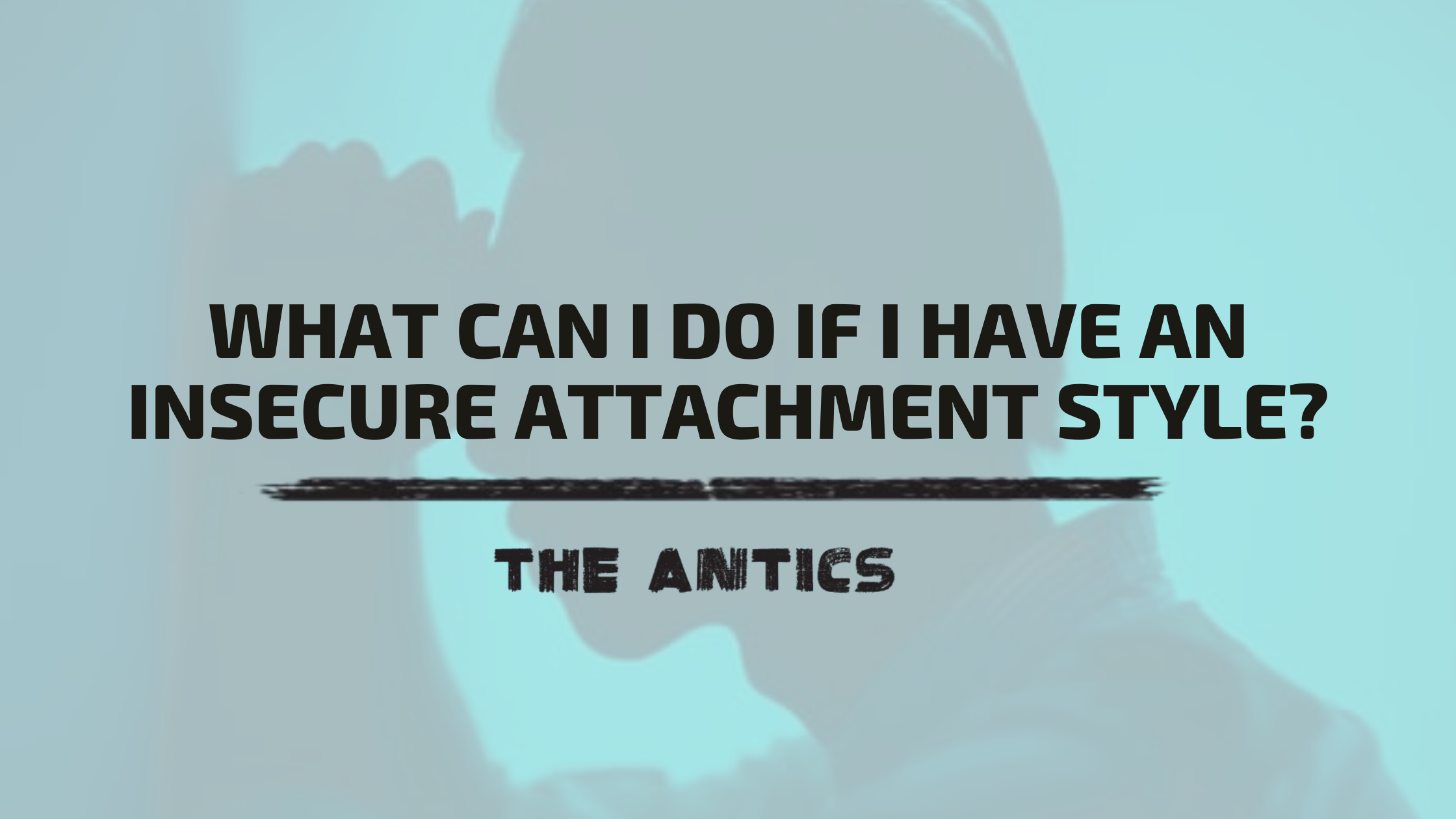
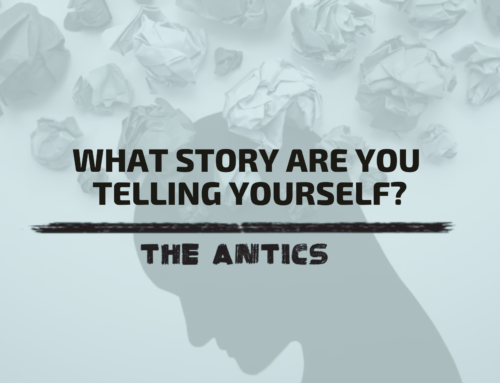
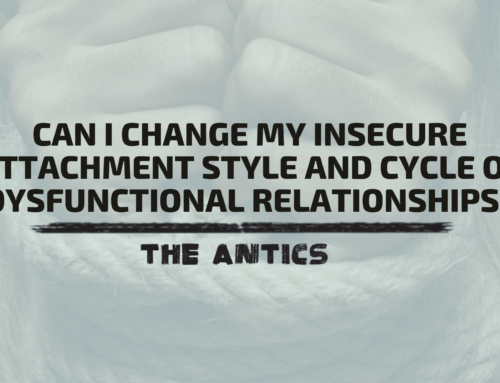
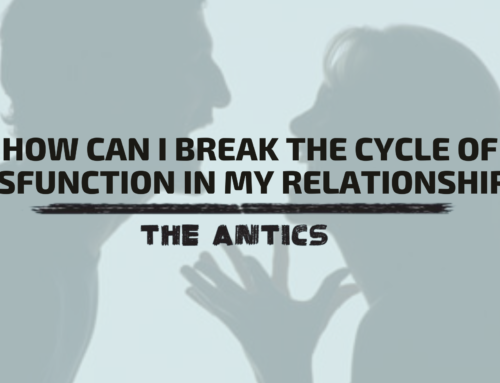
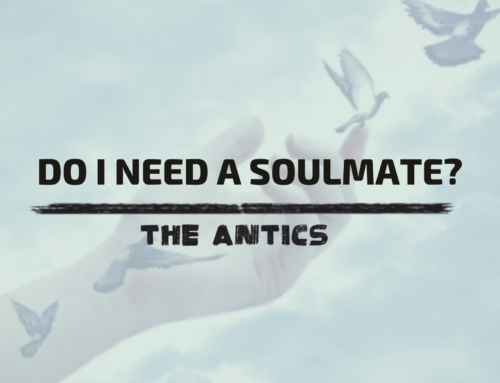
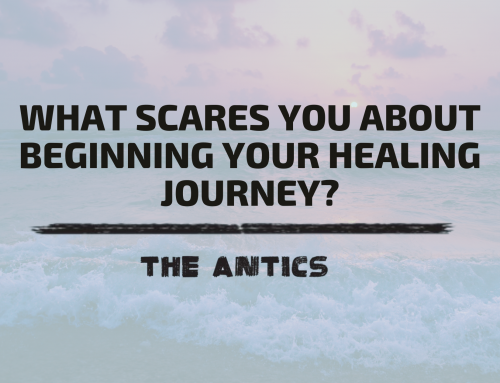
Leave A Comment